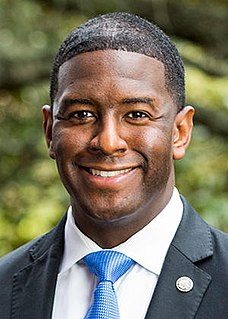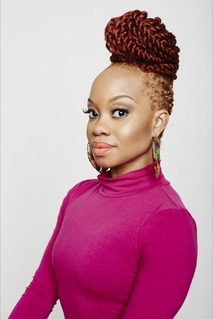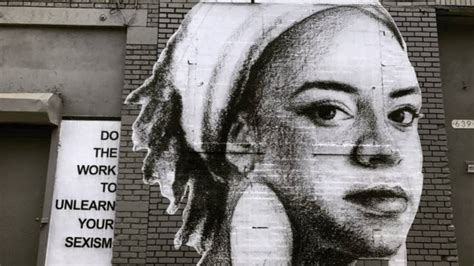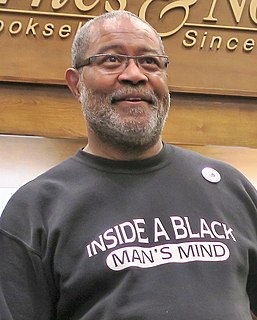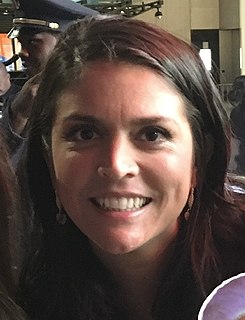A Quote by Andrew Gillum
I have the lived experience of a Black man in America, also raising Black kids, but I also have the lived experience of being a responsible person who is responsible for the resourcing and the outfitting of a law enforcement agency.
Related Quotes
Virtue also depends on ourselves. And so also does vice. For where we are free to act we are also free to refrain from acting, and where we are able to say No we are also able to say Yes; if therefore we are responsible for doing a thing when to do it right, we are also responsible for not doing it when not to do it is wrong, and if we are responsible for rightly not doing a thing, we are also responsible for wrongly doing it.
I feel a responsibility, as I get older, to be responsible to what I've experienced, to what I've lived and been in a position to witness. I realize now that as a consequence of having lived the life I have, quite apart from the one, as I understand it, lived by most American writers, maybe I now know some things and have some stories to tell that others don't know about or wouldn't be able to tell. Maybe there's an intrinsic value in that lived experience and knowledge, though of course what you do with it is everything.
I think it's important for people to understand that dance, movement, choreography is about an experience and entertainment but it's also about perception and a lens. So when we're talking about a Black female's experience through a Black female's lens, that's going to be totally different from a Black female's perspective through a Black male's lens.
I have a perhaps naive point of view informed by my own kind of snowflake-in-the-unique-sense rather than the political sense, personal story. I mean I feel like my experiences are so hard to map onto any kind of generalized identity. For example, I'm a black person, but I come from a very particular black experience which is not unlike the experience of the Barack Obama. I have an African mother and a white father and I feel like I have a different experience of being a black person as a result of that identity than someone who is from the descendants of slaves.
Obama sees the world in two ways: from the black perspective and from the white perspective. He was raised as a black man, whose culture he has self-consciously adopted. But he was reared largely by his white grandparents. He lived a kind of racially bipartisan experience, and he will be able to speak a language that resonates with both communities.
There's no reason why you can't say "August Wilson, playwright" even though all of my work, every single play, is about black Americans, about black American culture, about the black experience in America. I write about the black experience of men, or I write about black folks. That's who I am. In the same manner that Chekhov wrote about the Russians, I write about blacks. I couldn't do anything else. I wouldn't do anything else.
The welfare state has done to Black Americans what slavery (and Jim Crow and racism) could not have done. . .break up the black family. Today, just slightly over 30 percent of black kids live in two-parent families. Historically, from the 1870s on. . . 75-90 percent of black kids lived in two-parent families.
Race doesn't mean what it used to in America anymore. It just doesn't. Obama's black, but he's not black the way people used to define that. Is black your experience or the color of your skin? My experience is as a Mexican immigrant, more so than someone like George Lopez. He's from California. But he'll be treated as an immigrant. I am an outsider. My abuelita, my grandmother, didn't speak English. My whole family on my dad's side is in Mexico. I won't ever be called that or treated that way, but it was my experience.
While I might not have a specific experience that is fully American, there is still a knowledge, something that I logically understand as a black woman and a black woman who is existing in America and a black woman who is in the diaspora that are just known quantities that I think anyone can relate to who is black.
